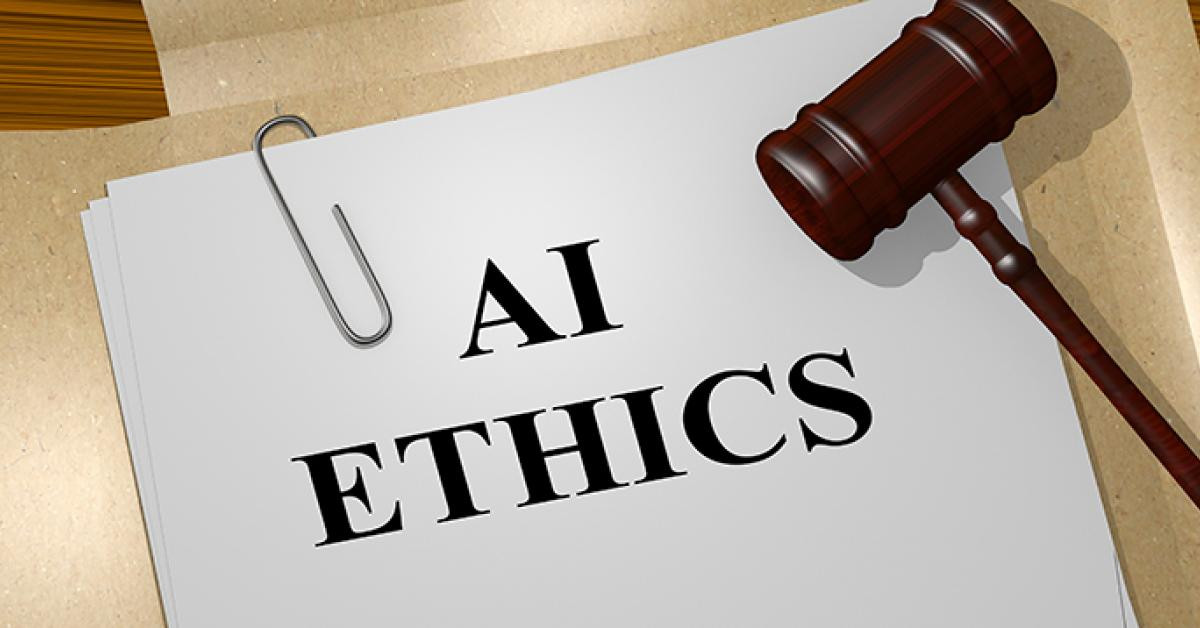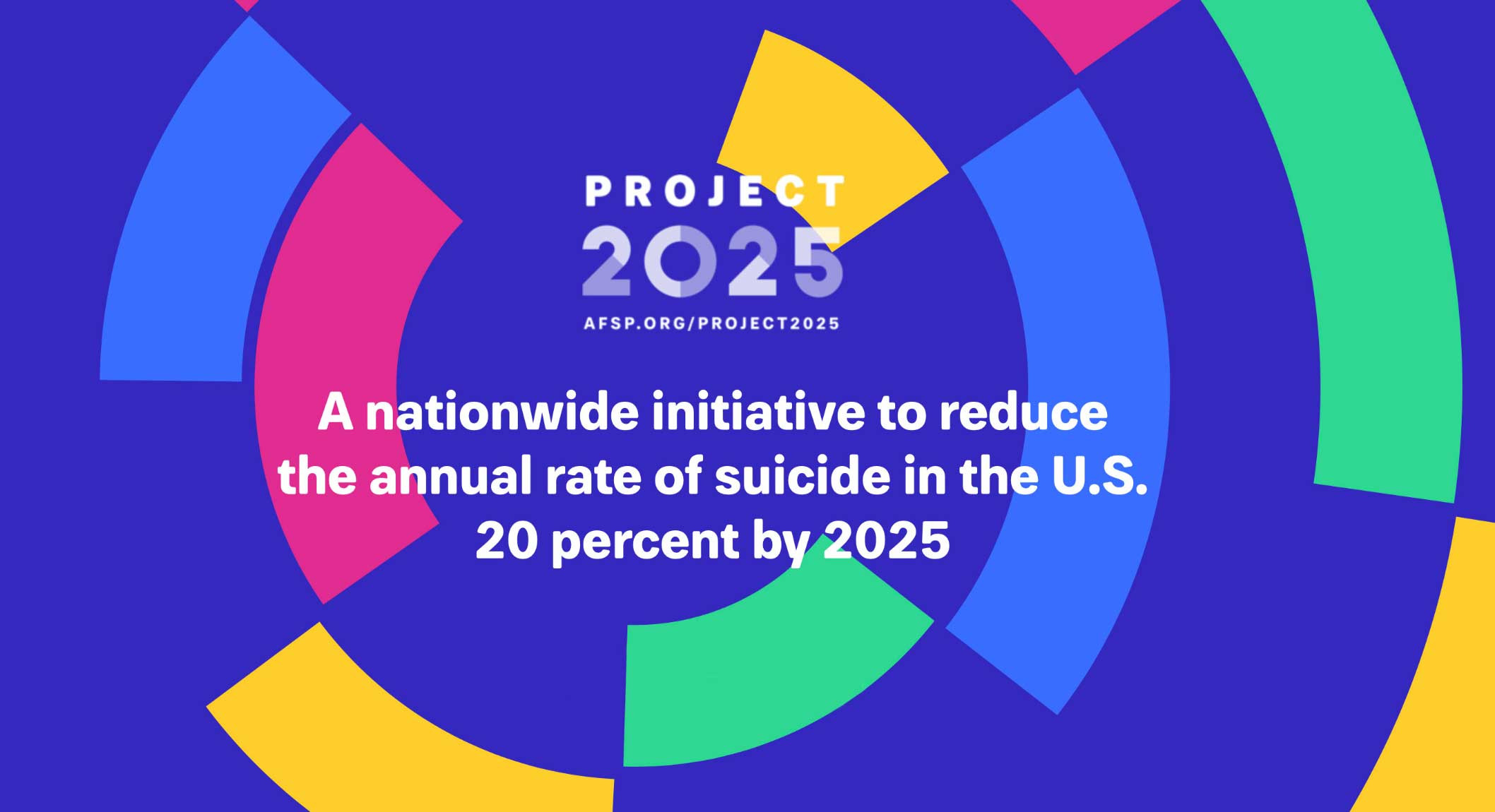Colombia's Judiciary Embraces Ethical AI: UNESCO Steps In to Guide Responsible Use
UNESCO has joined forces with the Superior Council of the Judiciary of Colombia to support the process of developing guidelines and capacities on the responsible use of Artificial Intelligence in the country's judicial offices. This project is part of UNESCO's Judges Initiative and the Artificial Intelligence and Rule of Law programme, which seek to equip judicial systems with the necessary tools to handle the complexities of Artificial Intelligence while strengthening rule of law. Likewise, this alliance converges with the Strategy for the responsible and safe use of Artificial Intelligence in the Colombian Judicial Branch, led by the Superior Council of the Judiciary.
The Partnership's Pillars
The partnership will be based on four key areas:
Development of Guidelines
Defining comprehensive guidelines to ensure that AI tools are used ethically, respecting human dignity, human rights and improving judicial processes.
Capacity Building
Through workshops and training, UNESCO is helping strengthen the capacity of Colombia’s judiciary, integrating open courses into their training programs.
Algorithmic Impact Assessments
The partnership is also focused on creating guidelines to assess algorithm impacts, promoting transparency and accountability in AI applications.
Transfer of knowledge and socialization of practices and experiences
Access to relevant information, good practices and frameworks of reference for the work teams of the Judicial Branch and for other actors in the world.
AI in the Colombian Judicial System
Artificial intelligence is gaining unprecedented relevance in the world and now in the Colombian judicial system. This technology can improve the efficiency, accessibility, and transparency of our judicial processes. However, its implementation in the judicial system also poses ethical and practical challenges that we must address. It is crucial to ensure that the use of Artificial Intelligence is transparent, fair and respectful of human rights.
A Timely Initiative for Latin America
This collaboration comes at a historic moment for Colombia, as judgment T 323 of 2024 was recently issued by the Constitutional Court, where it cited UNESCO's tools and recognized the work that the Superior Council of the Judiciary has been doing on the issue, highlighting the need for human supervision in the use of Artificial Intelligence within the judiciary.
UNESCO's involvement highlights its commitment to promoting ethical AI governance across the region. By sharing Colombia's experiences on international platforms, such as AI and digital transformation summits, UNESCO fosters a global dialogue on best practices in AI governance.
A Beacon of Hope for a Fairer World
This alliance goes beyond Colombia's borders, setting a precedent for the use of human rights-based AI in the judiciary, as it will serve as a guide for other countries. This initiative aligns with UNESCO's mission to support member states in implementing ethical frameworks for the use of Artificial Intelligence, which respect human rights and maintain the rule of law.
Looking ahead, this partnership stands as a beacon of hope for a fairer world, where technology improves access to justice. This collaboration represents a significant step towards integrating AI into judicial processes while protecting fundamental human rights.
UNESCO remains committed to expanding similar initiatives across Latin America and globally, ensuring that as we adopt new technologies, we do so responsibly and with integrity.


















